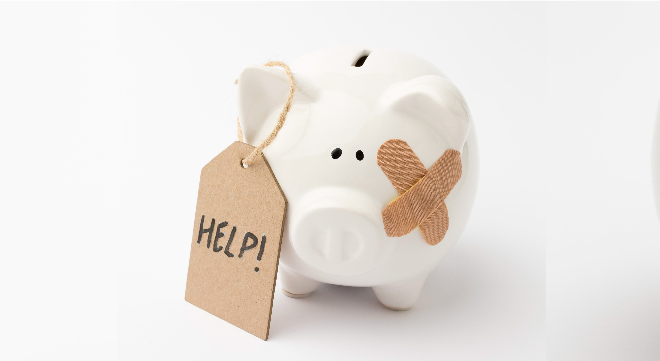Twenty-six percent of South Africans expect they will invest more or increase their retirement fund contributions over the next three months, while the same percentage say they will invest and contribute less, if the results of TransUnion’s third-quarter Consumer Pulse Study are anything to go by.
The online survey, conducted in English, of 1 100 adults was conducted from 10 to 16 August. To increase representativeness across the country’s demographics, the survey included quotas to balance responses to the census statistics on the dimensions of age, gender, household income, race and region.
As is becoming the norm with surveys conducted since the lockdown last year, the latest Pulse Study paints a rather bleak picture of consumers’ finances: 61% said their household income was currently lower because of the pandemic (27% said it had previously been decreased; 12%: never decreased). Of the consumers who said their income was lower, 87% said they were highly concerned about their ability to pay their bills and loans.
The survey found that 50% (up from 3% in the second quarter) of respondents expect their household income will decrease in the future because of the pandemic (30% were unsure).
Although 69% of consumers remain optimistic about the future, this was down six percentage points from June and seven from March. And the proportion of consumers who believe their finances will fully recover in the next 12 months dropped from 52% in June to 47% in August.
“The study highlights the fact that a substantial proportion of South Africans remain under financial pressure. What’s concerning is that we’re seeing signs of our country’s famous optimism waning. This could be as a result of the unrest and spike in Covid-19 cases which took place in July, combined with the slow pace of economic recovery in the country,” said TransUnion South Africa’s head of Financial Services, Andries Zietsman.
Consumers’ perceptions of the impact of the pandemic on their finances are set out in Table 1.

How consumers are coping – and plan to

As Table 2 shows, most consumers have tried to cope with the impact of the pandemic on their finance by cutting spending. However, when it comes to debt and saving, the results are mixed. It’s encouraging that 30% have paid down debt faster and 28% have saved more in an emergency fund. However, more consumers have cut back on saving for retirement than have increased their contributions, and 15% have accessed their retirement savings.
Table 3 shows how consumers plan to change their spending patterns over the next three months. It is encouraging that most consumers either intend to at least maintain their level of retirement funding/investing or increase their contributions.

Credit
The survey found that although 81% of households considered access to credit important or moderately important, only 33% believed they currently have sufficient access to credit.
Forty-three percent of consumers considered applying for new credit or refinancing existing credit but ultimately decided not to. The top reasons for this were that they felt the cost of new credit or refinancing was too high (35%) and believed their application would be rejected due to their income/employment status (32%).
Some consumers do express appetite for credit: a third (31%) plan to apply for new credit or refinance existing credit within the next year, particularly applying for a new personal loan (43%) or credit card (35%).
Bills to pay
Of the consumers who said their household income is currently decreased, 87% remained highly concerned about their ability to pay their bills and loans, according to the survey.
The most pressing concern for consumers is their credit obligations, with mashonisa (loan shark) loans, student loans and personal loans topping the list.

Forty-one percent of consumers surveyed reported they’ve been in arrears for a bill or loan in the past three months, indicating that just under half of consumers are still struggling to make payments.
Digital fraud
According to the survey, 40% of consumers reported that they were personally aware of a digital fraud attempt targeted at them in the past three months. Of these, 35% said they did not fall victim to it, while 5% did.
Among consumers who were aware of a digital fraud attempt targeted at them, 48% said the fraud attempt was from third-party seller scams on legitimate online retail websites, and 32% was from phishing. The other fraudulent schemes were account taken over (16%), stolen credit card or fraudulent charges (15%) and identity theft (11%).



